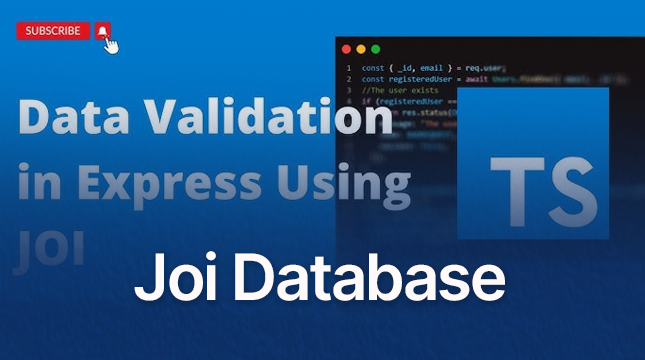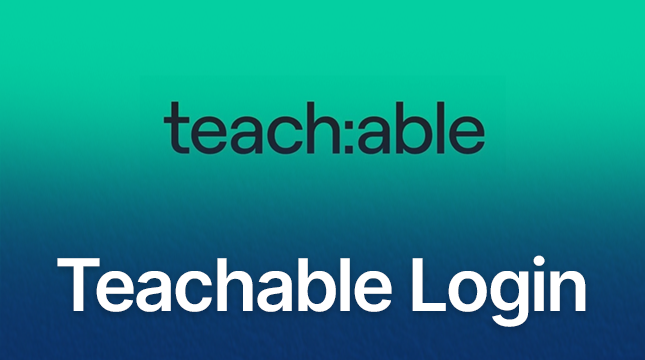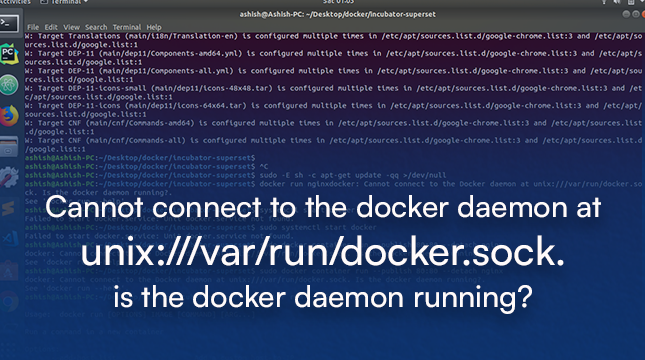Joi Database: Full Guide to Features, Security, Use Cases, & More

Introduction
In today’s data-driven world, choosing the right database system is crucial for businesses and developers alike. Whether you’re managing an e-commerce platform, handling sensitive healthcare records, or powering a social media application, the database you choose can significantly impact your system’s performance, security, and scalability. Enter Joi Database—a modern, versatile solution designed to meet the diverse needs of today’s data-intensive applications. In this blog, we’ll explore the key features, benefits, and use cases of Joi Database, providing you with everything you need to know before making it a part of your tech stack.
1. What is the Joi Database?
Answer: Joi Database is a modern database system designed to manage, store, and retrieve large amounts of data efficiently. Like other databases, it organizes data in a way that makes it easy for users and applications to access and manipulate the information. Joi Database might be specialized for certain types of data or applications, depending on its design and purpose.
In general, a database like Joi would serve as the backbone for various applications, handling everything from simple data storage to complex queries and analytics. It could be used in industries like finance, healthcare, e-commerce, or any other field where managing large datasets is crucial.
2. What are the key features of the Joi Database?
Answer: The key features of it would likely include:
- High Performance: Joi Database might be optimized for fast data retrieval and processing, making it ideal for applications that require quick access to data.
- Scalability: Joi Database could be designed to handle growing amounts of data without sacrificing performance. This is crucial for businesses that expect their data needs to increase over time.
- Data Integrity: Ensuring that data is accurate and consistent is a priority for any database. Joi Database might include features to maintain data integrity, such as transaction management and error-checking.
- Security: Protecting sensitive data from unauthorized access is likely a core feature of Joi Database. This might include encryption, user authentication, and access controls.
- Flexibility: Joi Database could support various data models (like relational, NoSQL, or hybrid), making it adaptable to different use cases.
3. How does Joi Database ensure data security?
Answer: Data security is a major concern for any database system, and it would likely have multiple layers of security to protect the data it stores:
- Encryption: Data encryption ensures that even if unauthorized users gain access to the database, they cannot read the data without the proper decryption keys.
- Authentication: It would require users to verify their identity before accessing the data. This might involve passwords, multi-factor authentication, or integration with other authentication systems like OAuth.
- Access Control: Different users or roles may have different levels of access to the database. For example, some users might only be able to view data, while others might have permission to edit or delete records.
- Audit Logs: It might keep detailed logs of all actions taken within the database, making it easier to track any suspicious activity and respond to security incidents.
4. What platforms and languages does Joi Database support?
Answer: For a database to be widely used, it needs to be compatible with various platforms (operating systems) and programming languages. It might support:
- Platforms: It could be available on popular operating systems like Windows, Linux, and macOS, ensuring that it can run on different types of servers and environments.
- Languages: It might support a variety of programming languages such as Python, Java, C#, JavaScript, SQL, and more. This allows developers to interact with the database using their preferred coding language.
5. How does Joi Database handle scalability and performance?
Answer: Scalability and performance are crucial for any database, especially as data volume increases:
- Horizontal Scaling: Joi Database might support horizontal scaling, which means adding more servers to handle increased loads. This allows the system to grow without losing performance.
- Optimized Querying: It could include features to optimize how queries (requests for data) are processed, reducing the time it takes to retrieve information.
- Load Balancing: To ensure consistent performance, It might use load balancing, distributing the workload evenly across multiple servers.
- Caching: Frequently accessed data could be stored in memory (cached) for faster access, reducing the need to repeatedly query the database.
6. What are the use cases for Joi Database?
Answer: It could be used in various scenarios, depending on its features and capabilities:
- E-commerce: Managing product inventories, customer data, and transactions in an online store.
- Healthcare: Storing and managing patient records, lab results, and medical histories.
- Finance: Handling transactions, account information, and financial analytics.
- Social Media: Managing user profiles, posts, and interactions.
- IoT (Internet of Things): Storing and processing data from connected devices and sensors.
7. Is there a community or support available for Joi Database users?
Answer: For any database, having access to a community and support is essential for troubleshooting and learning:
- Official Support: It might offer official support through a helpdesk, email, or phone, helping users with installation, configuration, and troubleshooting.
- Community Forums: There could be online forums where users of Joi Database can ask questions, share tips, and help each other solve problems.
- Documentation: Comprehensive documentation is often provided, offering guides on how to use the database, examples, and best practices.
8. How is Joi Database licensed, and what are the costs?
Answer: The licensing and cost structure of it could vary:
- Open Source vs. Commercial: Joi Database might be open-source (free to use and modify) or commercial, requiring a license fee. Open-source databases often have a large community of contributors, while commercial databases might offer more features and dedicated support.
- Subscription Models: If it’s a commercial product, It might offer subscription plans based on the number of users, the amount of data stored, or the features needed.
- One-Time Purchase: Alternatively, it might be available as a one-time purchase with optional ongoing maintenance or support fees.
9. What are the requirements for installing and running Joi Database?
Answer: The technical requirements to install and run it would depend on its architecture:
- Hardware Requirements: This might include minimum specifications for CPU, RAM, and storage. Higher specs might be needed for larger installations or higher performance.
- Software Requirements: Joi Database might require specific operating systems, database management tools, or other software dependencies.
- Network Requirements: For distributed setups, network bandwidth and latency could be important factors to consider.
10. Are there any tutorials or documentation available for learning Joi Database?
Answer: Learning resources are crucial for new users:
- Official Documentation: The Joi Database likely offers detailed official documentation that covers installation, configuration, and usage.
- Tutorials: There could be step-by-step tutorials available online, either on the official website or through community-driven platforms like GitHub, YouTube, or educational sites.
- Online Courses: There might be courses available on platforms like Udemy, Coursera, or LinkedIn Learning that teach users how to use Joi Database effectively.
Conclusion
Joi Database represents a powerful tool in the world of data management, offering a blend of performance, security, and scalability that can meet the demands of various industries. Whether you’re a developer looking for a flexible database solution or a business seeking robust data management capabilities, It provides a compelling option worth considering. With its comprehensive support, rich feature set, and adaptability, It is well-positioned to handle the challenges of modern data environments. As you plan your next project or consider upgrading your existing infrastructure, It could be the key to unlocking greater efficiency and success.

Let's Start Your Project
Get free consultation for your digital product idea to turn it into reality!
Get Started








